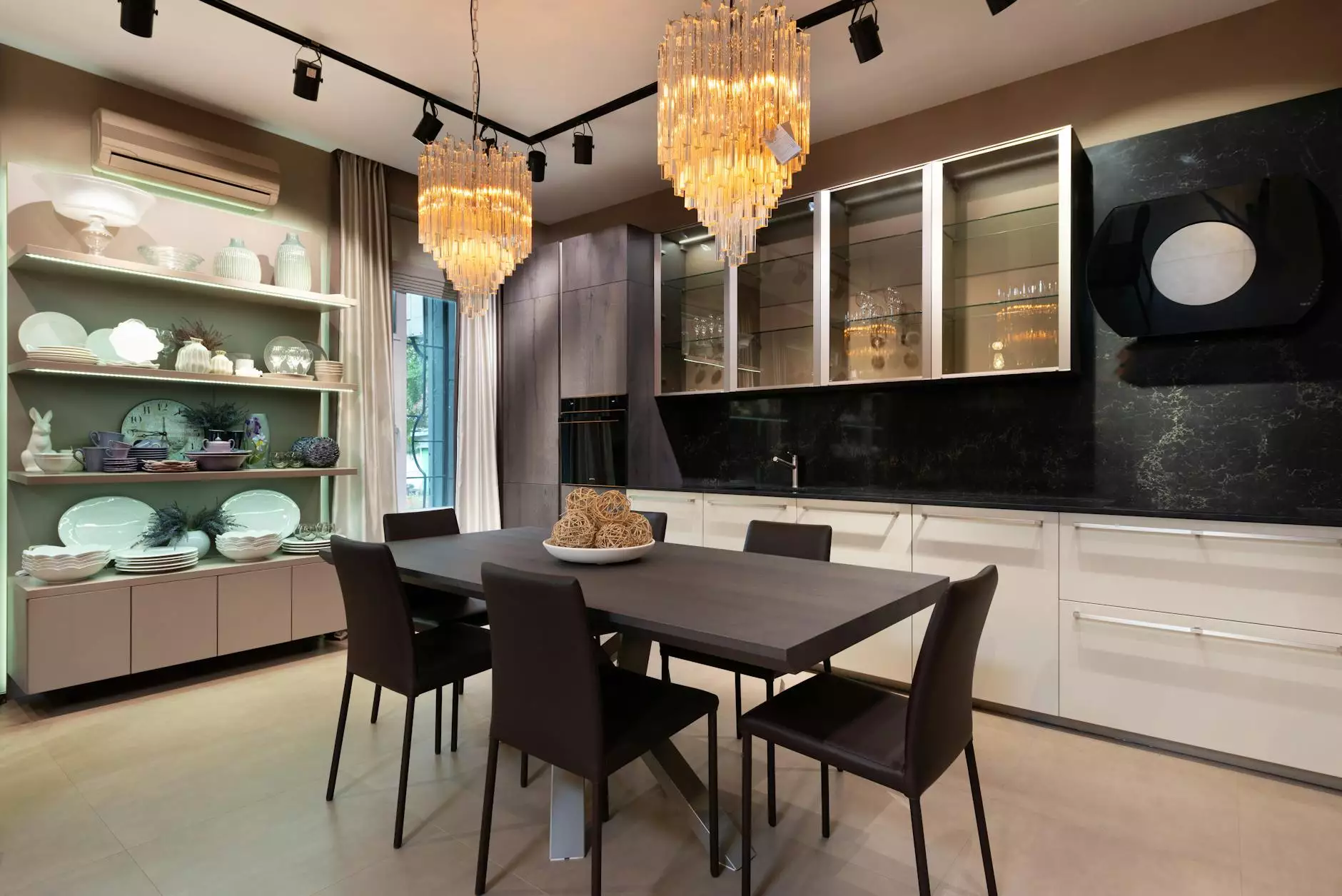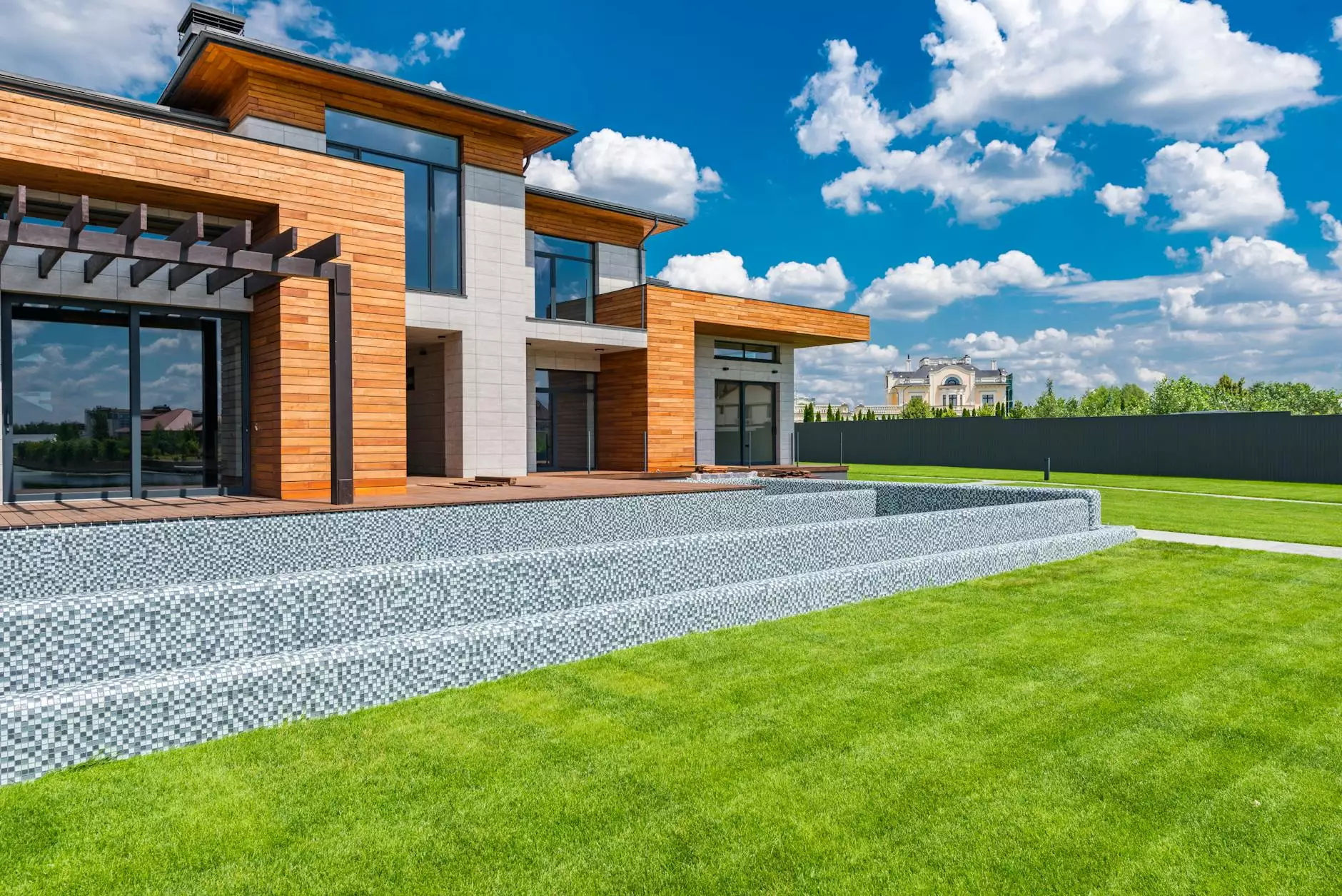Fixed-Rate vs Adjustable-Rate Mortgage: Which Is Right for You?

Welcome to Hotline Realty, your trusted resource for expert advice on real estate matters. If you're in the market for a mortgage, you may be faced with a crucial decision – should you opt for a fixed-rate mortgage or an adjustable-rate mortgage (ARM)? This comprehensive guide aims to provide you with all the information you need to make an informed choice based on your financial goals and circumstances.
Understanding Fixed-Rate Mortgages
A fixed-rate mortgage is a mortgage in which the interest rate remains constant throughout the life of the loan. This means that your monthly mortgage payment will stay the same, offering stability and predictability. Fixed-rate mortgages are often preferred by homeowners who value consistent payments and want to budget their finances efficiently. It provides peace of mind against potential interest rate fluctuations.
Advantages of a fixed-rate mortgage include the ability to plan your budget effectively, knowing exactly how much your monthly payment will be over the entire loan term. This type of mortgage is ideal if you plan to stay in your home for a long time or anticipate interest rates to rise in the future. Additionally, it offers protection against market volatility and allows you to build equity steadily.
Introducing Adjustable-Rate Mortgages (ARMs)
An adjustable-rate mortgage (ARM) is a mortgage with an interest rate that fluctuates periodically. In most cases, the initial rate is fixed for a specific period, typically 5, 7, or 10 years, after which it adjusts annually based on market conditions. ARMs generally have lower initial interest rates compared to fixed-rate mortgages, resulting in lower monthly payments during the initial fixed-rate period.
Benefits of an adjustable-rate mortgage include the potential for lower initial interest rates and monthly payments, which can be advantageous if you plan to sell or refinance before the rate adjusts. They are also beneficial during periods of decreasing or stable interest rates. Additionally, ARMs come with interest rate caps, limiting how much the rate can increase over time, providing borrowers with some level of protection.
Factors to Consider
When deciding between a fixed-rate mortgage and an adjustable-rate mortgage, it's crucial to consider your financial circumstances and long-term plans. Here are some factors to keep in mind:
1. Time Horizon
If you plan to stay in your home for an extended period, a fixed-rate mortgage may offer more stability and peace of mind. However, if you anticipate moving or refinancing within a few years, an adjustable-rate mortgage with a lower initial rate might be a suitable option.
2. Risk Tolerance
Assess your risk tolerance and how comfortable you are with potential fluctuations in your monthly payments. Fixed-rate mortgages provide certainty, while ARMs may offer lower initial payments with the possibility of future adjustments.
3. Market Conditions
Understanding the current and projected interest rate trends is essential in making an informed decision. Consult with Hotline Realty's experienced mortgage professionals who can provide insights into market conditions and help you analyze the pros and cons of each mortgage option.
4. Financial Goals
Consider your long-term financial goals. If building equity and paying off your mortgage faster is a priority, a fixed-rate mortgage may be more suitable. On the other hand, if you prefer flexibility and lower initial payments, an adjustable-rate mortgage could align better with your goals.
Conclusion
At Hotline Realty, we understand the importance of choosing the right mortgage option for your specific needs. Whether you opt for a fixed-rate mortgage or an adjustable-rate mortgage, we are here to guide you through the process, providing personalized advice and exceptional service every step of the way. Contact us today to speak with one of our experts and make an informed decision that fits your financial goals and circumstances.



